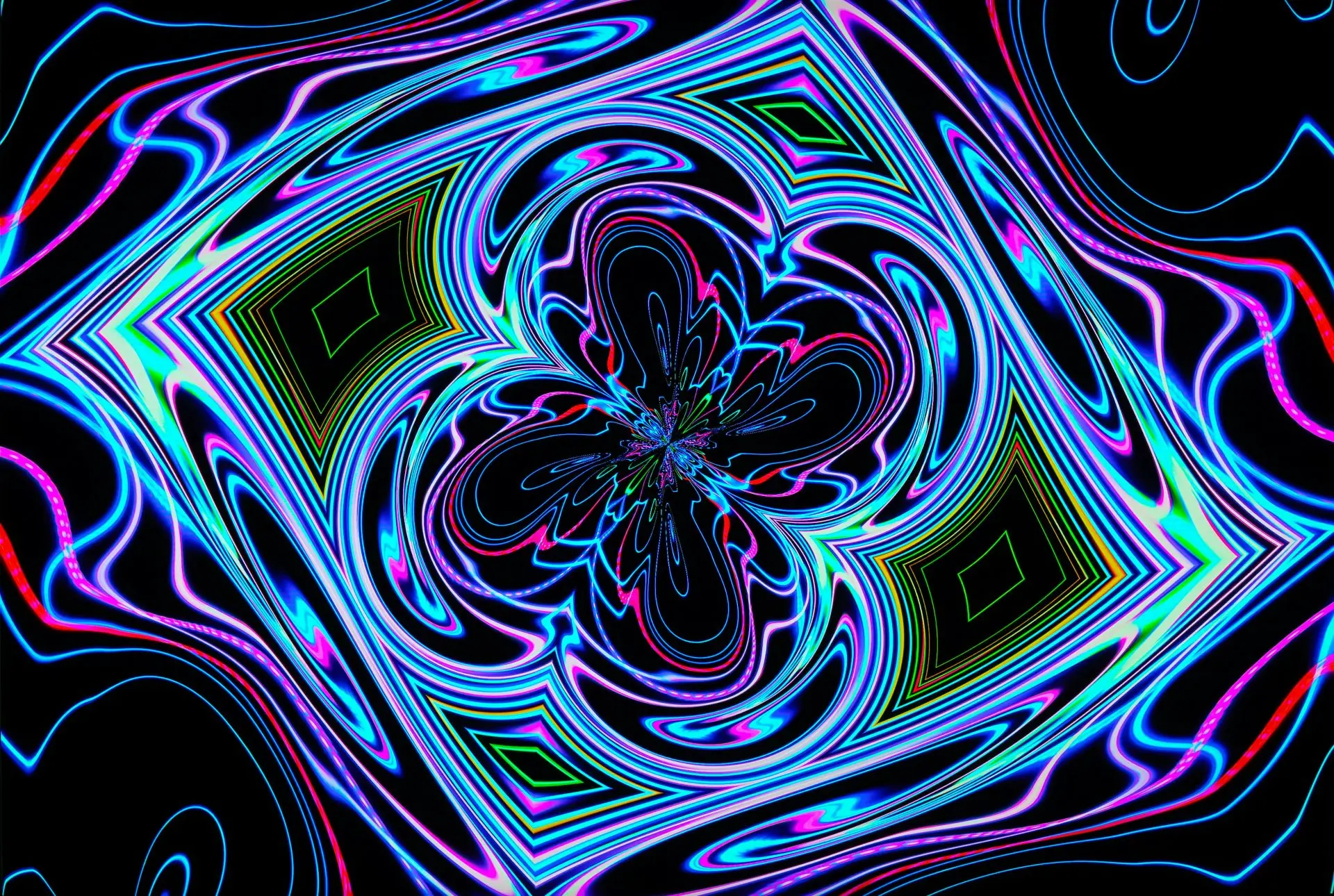African Divination Methods: Reading the Signs

Looking for more amazing products? Check out our online store and explore our collection here! Happy shopping!
Before diving in, please note: This post is for informational purposes only. If you’d like to know more about how we approach topics, feel free to check out our friendly Disclaimer Page.
Hey there, amazing readers! 
We’re committed to delivering quality posts, and your support (even just sticking around despite the ads) means everything to us. So, bear with us, and thanks for helping us keep the good vibes rolling. Now, on to the fun stuff!
TRANSLATE BUTTON AT THE END OF THE ARTICLE
Introduction to African Divination Methods
African divination methods are ancient practices deeply rooted in the diverse cultures of the continent.
These methods involve reading signs and symbols to interpret messages from the spiritual realm.
Divination plays a crucial role in African societies, guiding individuals and communities in decision-making, healing, and understanding the complexities of life.
The rich tapestry of African divination reflects the continent’s cultural diversity and spiritual beliefs, offering a glimpse into the values and traditions of its people.
Importance of Divination in African Culture
Divination holds immense significance in African culture, serving as a bridge between the physical and spiritual realms.
It is believed that diviners have the ability to communicate with ancestors and spirits to gain insights into the past, present, and future.
African communities rely on divination to seek guidance on various matters, including health, relationships, conflicts, and important life decisions.
Diviners are respected members of society who play a pivotal role in maintaining spiritual harmony and offering solutions to problems that arise within the community.
Historical Origins of African Divination
The origins of African divination can be traced back to ancient times, with practices evolving over centuries to encompass a wide range of methods and beliefs.
Divination was deeply ingrained in traditional African religions, where it served as a means of connecting with the divine and understanding the will of the spirits.
As African societies encountered external influences through trade, migration, and colonization, divination practices adapted to incorporate new elements while retaining their core principles and symbolism.
Types of Divination Practices in Africa
African divination practices vary widely across the continent, reflecting the diverse cultural and spiritual beliefs of different regions and ethnic groups.
Some of the most common types of divination in Africa include:
Cowrie Shell Divination: This method involves casting cowrie shells and interpreting their patterns to reveal messages from the spirits.
Bone Divination: Diviners use bones, shells, or other objects to perform readings and provide insights into various aspects of life.
Water Divination: Water is used as a medium for scrying, where diviners interpret reflections and patterns to gain spiritual insights.
Divination with Plants: Some cultures use plants and herbs to communicate with spirits and ancestors, seeking guidance and healing.
Tools Used in African Divination
Diviners in Africa employ a wide array of tools and objects to conduct readings and connect with the spiritual realm.
These tools vary depending on the specific divination method and cultural traditions but often include:
Cowrie Shells: Used for casting and interpreting patterns in divination rituals.
Bones: Often engraved or marked to represent different symbols or messages.
Water: Used for scrying or as a medium for reflecting messages from the spirits.
Herbs and Plants: Utilized for healing, purification, and connecting with nature spirits.
Common Symbols and Signs in African Divination
African divination is rich in symbols and signs that hold deep spiritual and cultural significance.
These symbols are used by diviners to interpret messages from the spiritual realm and provide guidance to those seeking answers.
Some common symbols in African divination include:
Animals: Representing various qualities such as strength, wisdom, or protection.
Numbers: Carrying symbolic meanings related to luck, destiny, or spiritual messages.
Colors: Signifying emotions, energies, or spiritual influences in a reading.
Natural Elements: Such as water, fire, earth, and air, symbolizing different aspects of life and the spirit world.
How African Divination Readings Are Conducted
African divination readings are conducted by skilled practitioners known as diviners or shamans.
These individuals undergo rigorous training and initiation processes to hone their abilities to communicate with spirits and interpret signs.
During a divination session, the diviner may use various methods such as casting objects, scrying, or consulting oracles to seek answers to specific questions or concerns.
The readings are often accompanied by rituals, prayers, and offerings to appease the spirits and ensure accurate guidance.
Role of Diviners in African Society
Diviners hold a revered position in African society, serving as intermediaries between the mundane world and the spiritual realm.
They are consulted for a wide range of issues, including health, marriage, business, and community conflicts.
Diviners are believed to possess special gifts and insights that enable them to see beyond the veil of reality and connect with higher powers.
Their role is essential in maintaining spiritual balance, resolving disputes, and promoting harmony within the community.
Traditional Beliefs and Practices in Divination
Traditional African beliefs underpin the practice of divination, shaping the rituals, symbols, and methods used by diviners.
These beliefs emphasize the interconnectedness of all beings, the importance of honoring ancestors, and the existence of a spirit world that influences human affairs.
Divination is seen as a sacred art that requires respect, humility, and dedication to the spiritual forces at play.
Practitioners often undergo strict training and adhere to strict codes of conduct to ensure the purity and efficacy of their readings.
Influence of Divination on Decision Making
Divination plays a significant role in decision-making processes within African communities, offering insights and guidance that may not be readily apparent in the physical world.
Individuals and groups consult diviners to seek clarity, wisdom, and direction when faced with important choices or challenges.
The advice and messages received through divination readings often influence the decisions made by individuals, families, and leaders, shaping the course of events and relationships within the community.
Cultural Diversity in African Divination Methods
The diversity of African cultures is reflected in the myriad divination methods practiced across the continent.
Each ethnic group and region has its unique approach to divination, incorporating local symbols, rituals, and beliefs that reflect their worldview and spiritual heritage.
From the Yoruba Ifa divination system in West Africa to the Sangoma bone-throwing tradition in Southern Africa, African divination methods showcase the richness and complexity of the continent’s spiritual traditions.
Evolution of African Divination in Modern Times
In modern times, African divination practices continue to thrive alongside technological advancements and globalization.
While some traditional methods have evolved to incorporate new tools and techniques, others have remained unchanged, passed down through generations with meticulous care.
Diviners today navigate a complex landscape of cultural exchange, blending ancient wisdom with contemporary challenges to offer guidance and healing to those in need.
The enduring legacy of African divination serves as a reminder of the resilience and adaptability of traditional practices in a rapidly changing world.
Conclusion
African divination methods offer a window into the diverse cultures and spiritual beliefs of the continent, providing valuable insights and guidance to individuals and communities.
From ancient practices rooted in tradition to modern adaptations that blend old and new, African divination continues to play a vital role in shaping decision-making, healing, and spiritual growth.
The rich tapestry of symbols, tools, and rituals used in divination reflects the cultural diversity and profound spiritual connections that define African societies.
As the world evolves, African divination methods remain a beacon of wisdom and insight, offering solace and clarity in an ever-changing landscape.

The Enlightenment Journey is a remarkable collection of writings authored by a distinguished group of experts in the fields of spirituality, new age, and esoteric knowledge.
This anthology features a diverse assembly of well-experienced authors who bring their profound insights and credible perspectives to the forefront.
Each contributor possesses a wealth of knowledge and wisdom, making them authorities in their respective domains.
Together, they offer readers a transformative journey into the realms of spiritual growth, self-discovery, and esoteric enlightenment.
The Enlightenment Journey is a testament to the collective expertise of these luminaries, providing readers with a rich tapestry of ideas and information to illuminate their spiritual path.
Our Diverse Expertise
While our primary focus is on spirituality and esotericism, we are equally passionate about exploring a wide range of other topics and niches 

To ensure we provide the most accurate and valuable insights, we collaborate with trusted experts in their respective domains 
Our blog originally focused on spirituality and metaphysics, but we’ve since expanded to cover a wide range of niches. Don’t worry—we continue to publish a lot of articles on spirituality! Frequently visit our blog to explore our diverse content and stay tuned for more insightful reads.
Hey there, amazing reader! 
Check out our store here and take a peek at some of our featured products below! Thanks for being awesome!










